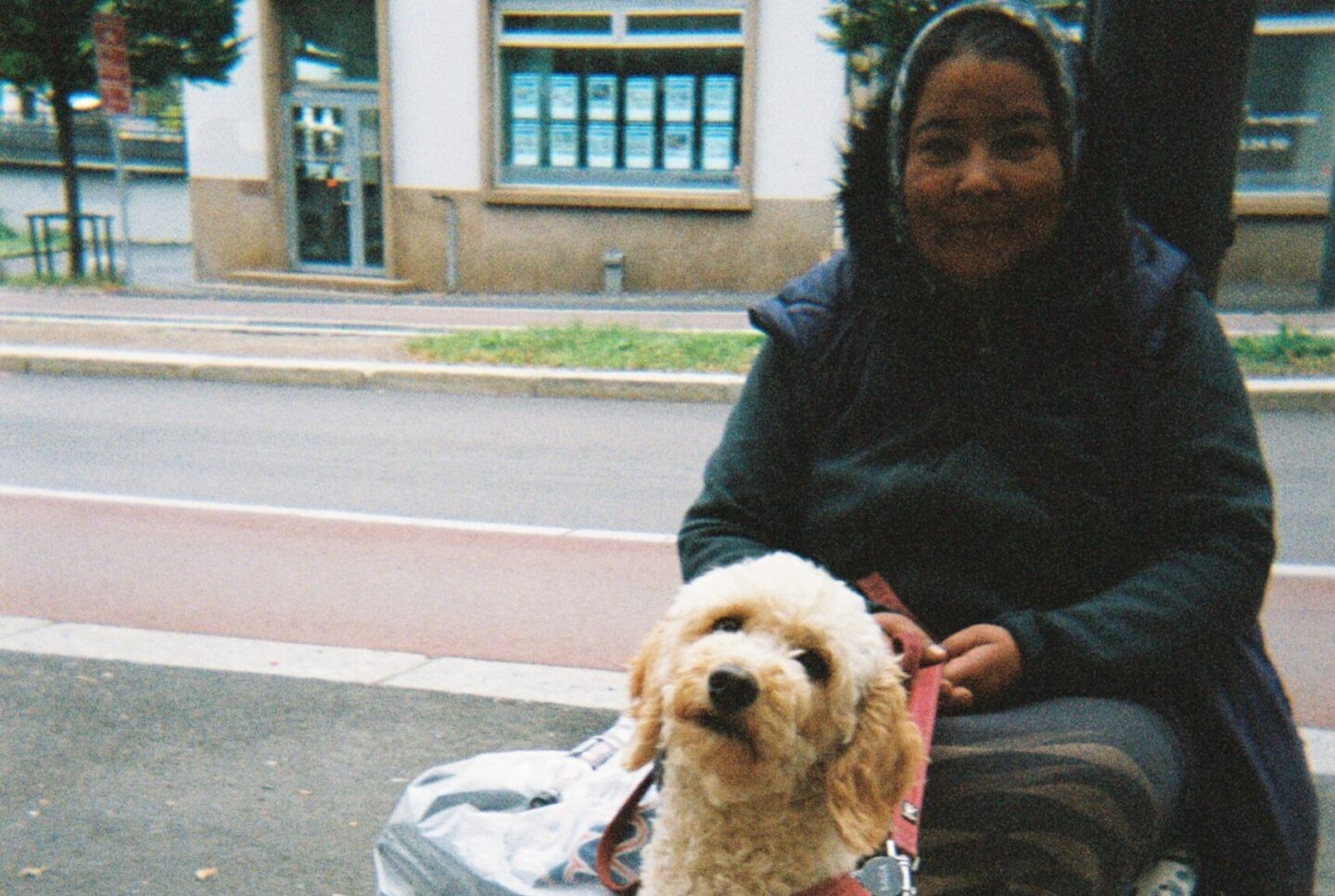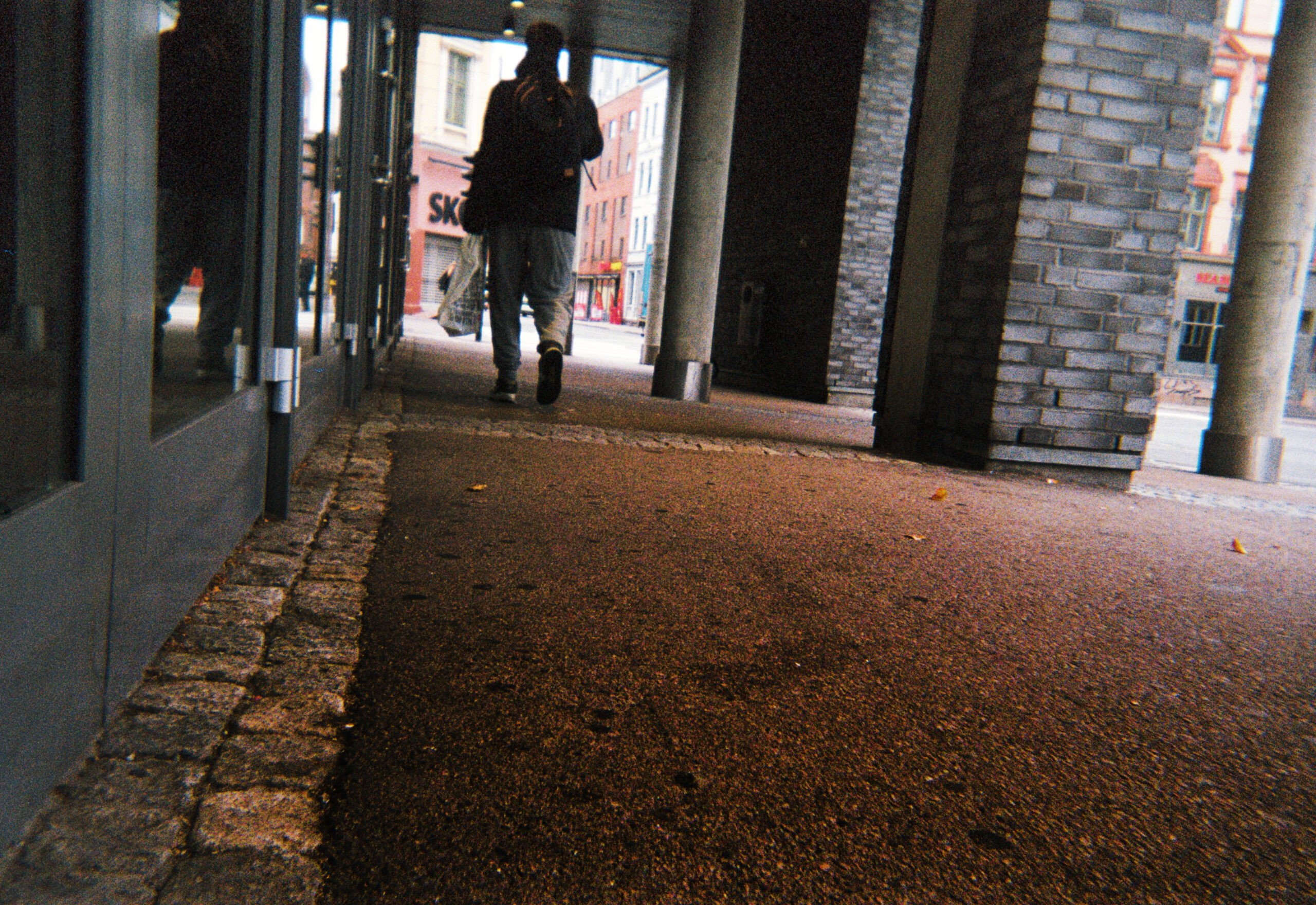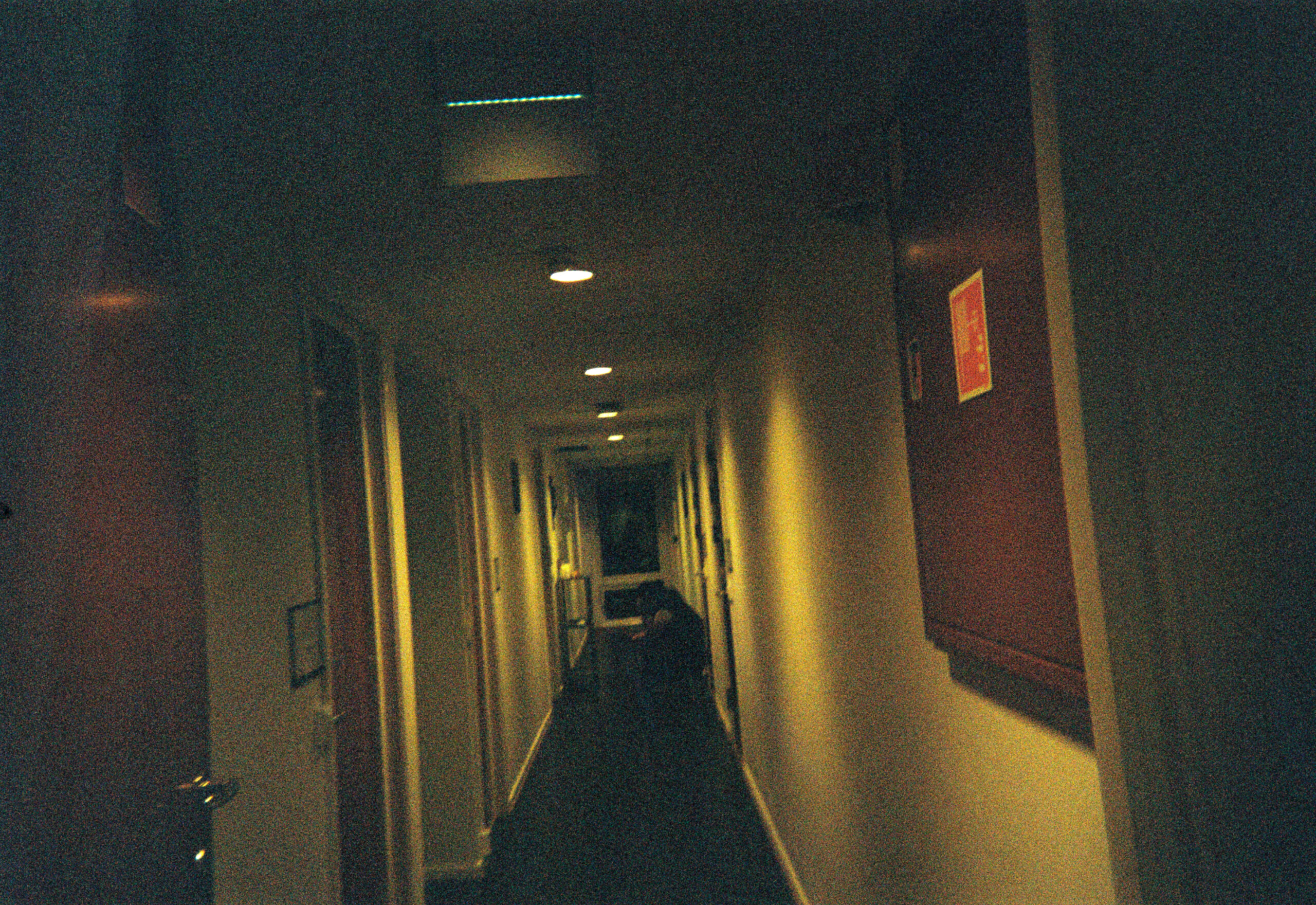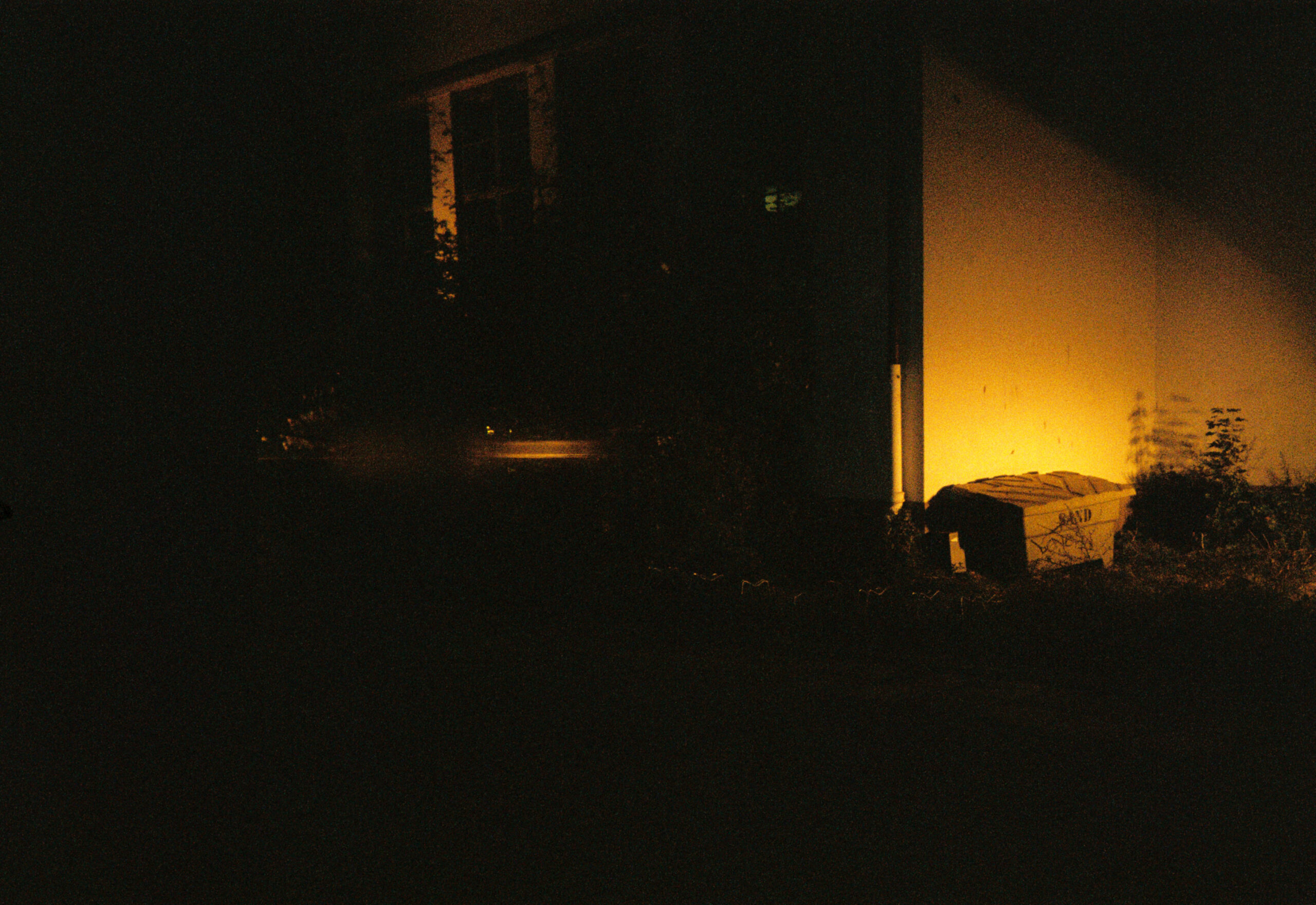I was born in an area that was not part of a Roma community, so we grew up around Romanians.
I remember that in the 2nd grade we were only 4 Roma children in the classroom. My desk mate spoke only Romanes, he didn’t know Romanian and he was often excluded.
The Roma students sat in the back of the classroom and our answers during the class were not always counted unless they were wrong and then we got bad grades. The teachers did not try to explain to us who were sitting in the back, and used bad words when we didn’t know the answers: we were not happy going to school. Imagine the teacher telling you how stupid you are because you don’t understand.
My sister suffered a lot because of that, she was traumatized. She was a good pupil, but once she got hit by the teacher for not knowing the answer. My parents went to school the next day telling them that since they don’t beat us, they expected the teachers not to beat us either.
If I got beaten at school then nobody would react but if I hit someone, “the gypsy was beating people”.
I managed to finish 8th grade, but I couldn’t go farther because my father got sick and I had to take care of my siblings.
One of my older brothers died when I was around 7 years old. He was 10 and the crime is still unsolved.
He left the house with other friends to swim. On the way, there was a guy that had a German Shepherd and when they got there, he was trying to make fun of my brother. He was telling the dog «get the gypsy» and my brother was probably jumping in the water scared of that. When he was found they told us that he had a cardiorespiratory arrest, but he had dog bites on his forehead. This is how we managed to understand what happened. The children were afraid to speak, so we didn’t have witnesses to put that person in prison.
After school, I went to a tailoring course for three months and got hired in a tailor shop. There, out of thirty people, I was the only Roma and in order to keep my position I had to clean the toilets. There were other Romas hired too, but they were fired after a short time because they couldn’t stand Roma people.
This company didn’t hire cleaning personnel and when they decided who to clean the toilets, they were saying that the gypsy should do it, my nickname there was «tiganca». I was the kind of person who didn’t argue and that was always doing what I was supposed to. I was doing all those things because I put my family first and they needed financial help.
The owner of the company saw that I was doing my best and gave me around 100 kr for those extra tasks. My colleagues started asking her for what(?), and her reply was if you don’t like it, you should clean the toilets. I didn’t feel that the owner of the company was racist towards me, but the rest of the people were. After a while we moved to another company, a bit bigger one and they were telling me ‘You might be Roma, but we wouldn’t exchange you for ten Romanians’. I was accepting this title of the gypsy as they were calling me, I was never afraid to admit that I’m Roma and I was not offended.
When I was a child, I dreamt of becoming a singer or a team leader. I was quite realistic about my options: I was not dreaming of anything fancy.
I got married when I was 25, I could have done it a year or two earlier, but I was waiting for my man to propose. I consider early marriage a crime. I’m aware that most of the people in the Roma community are getting married at an early age but this is not okay, you are ruining their childhood.
The first time I left the country I went to Italy in 2004, I was trying to find a job there, but I didn’t manage. It’s a welcoming country but a bit dangerous for women, all those human trafficking cases that were there in that period. Besides that, if you are an Italian citizen you are paid well but if you are coming from another country, especially Romania you are getting paid pretty bad.
I have been in England and in Germany also, but I have been rejected to interviews usually because of my skin color or because I was coming from Romania.
Norway was different from the rest of the countries; I didn’t feel rejection here at the same level. There were incidents but not aggressive, there were some people that were telling me to go back to my country, to find a decent job and not to beg, but they never asked me how I got in this situation or if I wanted to work. Most people are not aware of the fact that you are feeling helpless because you can’t speak the language, you don’t know the system, and the problem is that nobody is helping you.
I’m still not feeling at ease here even if I have a job and I was bringing my children here because when someone finds out that I’m coming from Romania they react negatively. Even if we left the country and a lot of years passed, my children are now experiencing discrimination.
Two weeks ago, my youngest son came home crying because his colleagues were calling him a gypsy that needs to go to beg, they told him that he doesn’t have a home and lives on the streets.
This was happening in a Norwegian school and now he doesn’t feel confident studying there. Somehow, what happened to me is now happening to him.
If I could change or do something else in my life, I would choose to help the Roma community to be better integrated into Romanian and Norwegian society.




